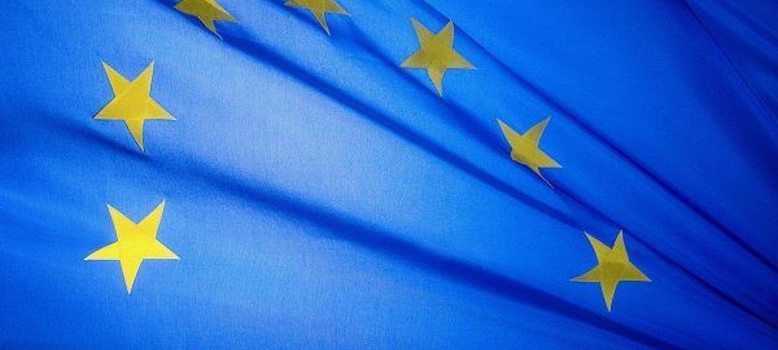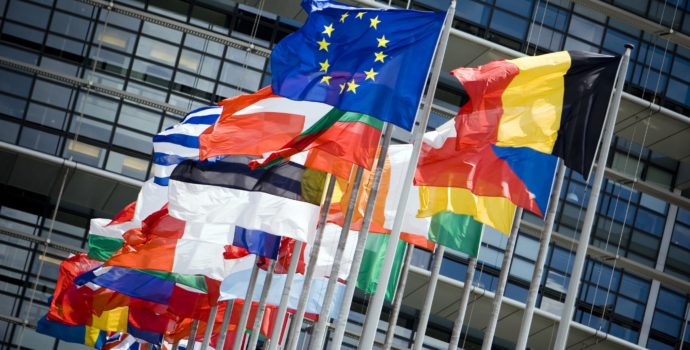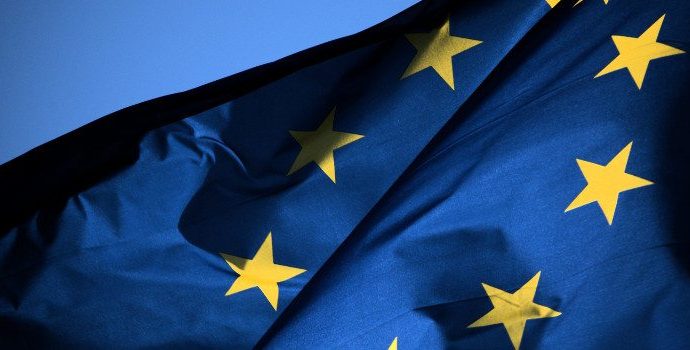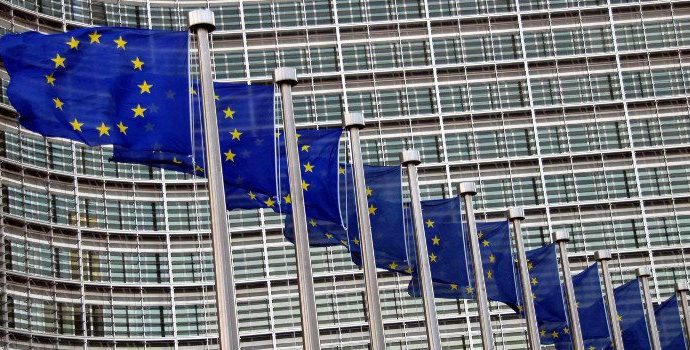European Commission Daily News 23rd April

President von der Leyen at the Leaders Climate Summit hosted by U.S. President Biden and the New European Bauhaus Conference
Yesterday, President von der Leyen participated in the Leaders Climate Summit hosted by U.S. President Joe Biden, for Earth Day. Welcoming the U.S. back to the fight against climate change, the President said: “We have to strengthen that global unity around ambitious new goals. Because this will be the ‘make or break’ decade for our climate. The Paris Agreement is humanity’s life insurance. At the COP26 in Glasgow, we must show that we all have understood this and that we are ready for more climate action. Science tells us it is not too late yet, but we must hurry up.” Europe aims to reduce greenhouse gas emissions by at least 55% by 2030, and wants to be the first climate-neutral continent by 2050. President von der Leyen underlined: “To save the climate, we need the world. We need all major economies to take their responsibility and to turn the transition into an opportunity for all. Let us set together a new global benchmark for climate neutrality. Let us work together on a shared commitment and joint action for reducing emissions by 2030. This puts us on a pathway to net-zero emissions by 2050. That is what our planet needs.” The speech is available online in English, French and German, and the video here. President von der Leyen also addressed the New European Bauhaus conference yesterday. In her message, she highlighted that the pandemic has not stopped the planet’s most serious challenge: climate change: “With the New European Bauhaus we want to make the European Green Deal tangible and ‘palpable’. We want to add a cultural dimension to the economic and technological transformation.” The President described how the New European Bauhaus can draw inspiration from the historical Bauhaus movement developed in Germany while integrating sustainability, less carbon-intensive materials and interdisciplinarity, and emphasised her ambition that it will not be limited to the EU. Read the full speech here and watch it here.
EU and Greenland sign a new Sustainable Fisheries Partnership Agreement
Yesterday, the EU and Greenland signed a new Sustainable Fisheries Partnership Agreement (SFPA) and a Protocol that will strengthen their cooperation in the fisheries field for the next four years with the possibility of a two-year extension. The agreement marks a new step in the long-standing relation between the EU and Greenland in fisheries. It reiterates and emphasises the two parties’ joint commitment to sustainable use of marine resources. This agreement will allow the EU fleet to continue fishing in Greenland’s waters for a duration of four to six years while continuing to contribute to the development of the fisheries’ sector in Greenland. The agreement defines the fishing opportunities for the same species as in the previous protocol (cod, redfish, Greenland halibut, Northern prawn, capelin and grenadier). Mackerel has also been included in the agreement at a zero Total Allowable Catch (TAC) level. In exchange for access to their waters, the total financial contribution to Greenland for the whole duration of the protocol, including EU financial contribution and EU ship-owners fees, is estimated at €130 million. A significant part of this contribution is earmarked to promote the development of the fisheries sector in Greenland. The new Sustainable Fisheries Partnership Agreement signed yesterday will substantially reinforce cooperation on monitoring, control and surveillance of fishing activities. The agreement is based on the principles of the Common Fisheries Policy and complies with Greenland’s legislation, the management and scientific measures taken in the context of international organisations. More information is in the news item.
State aid: Commission authorizes French measures to support the fishing sector in the context of Brexit
The European Commission has authorized, under EU state aid rules, three French schemes totaling € 100 million which aim to support the fishing sector affected by the withdrawal from the United Kingdom of the EU and the consequent reductions in quota shares provided for in the provisions of the Trade and Cooperation Agreement (CCA) between the EU and the United Kingdom. These support measures are the first to be authorized by the Commission in the context of interinstitutional discussions on the proposed Brexit adjustment reserve. Although today’s decisions do not prejudge whether the support measures will ultimately qualify for funding from the reserve (an assessment will be made upon entry into force of the Regulation on the Brexit adjustment reserve), they already provide France with legal certainty that the Commission considers these measures to comply with EU state aid rules, regardless of the ultimate source of funding. The first scheme, with a total budget of 80 million euros, aims to partially compensate for the fixed costs of vessels forced to stay alongside due to quota reductions provided for in the ACC or the impossibility of accessing British waters or other waters of third countries as a result of Brexit, as well as the remuneration of crew members. The second scheme, with a total budget of 12 million euros, aims to compensate part of the loss of income suffered by the French fishing fleet from January 1 to March 31, 2021, in order to increase the resilience of the sector. . The third scheme, with a budget of 8 million euros, aims to compensate for part of the loss of income suffered for the same reasons by French fishmongers from January 1 to March 31, 2021, in order to increase the resilience of the sector. The Commission has assessed the measures against Article 107 (3) (c) of the Treaty on the Functioning of the European Union (TFEU), which allows Member States to support the development of certain activities or of certain economic regions, under certain conditions. The Commission has found that the three regimes enhance the sustainability of the fisheries sector and its ability to adapt to new fishing opportunities and new outlets resulting from the new relationship with the UK. On this basis, the Commission authorized the three regimes under EU state aid rules. Margrethe Vestager, Executive Vice President for Competition Policy, said: “The fishing industry is one of the most affected by Brexit, which places a burden on fishermen and downstream market operators in Member States affected to reorganize and adapt to the new situation. With a total budget of 100 million euros, the three French regimes authorized today are the first support measures for the sector under the proposed Brexit adjustment reserve. We will continue to work closely with all relevant Member States to implement swift and effective solutions to mitigate the consequences of Brexit, while respecting state aid rules. The press release is available online.
Read the European Commission Daily News in full here.




